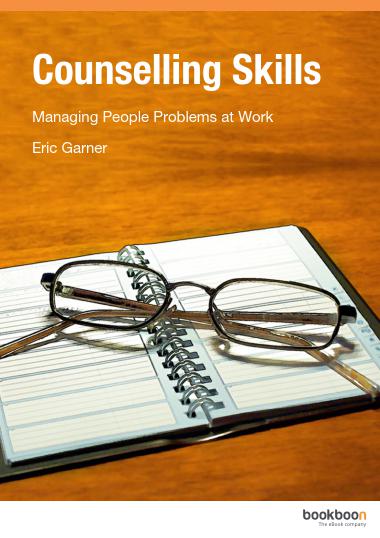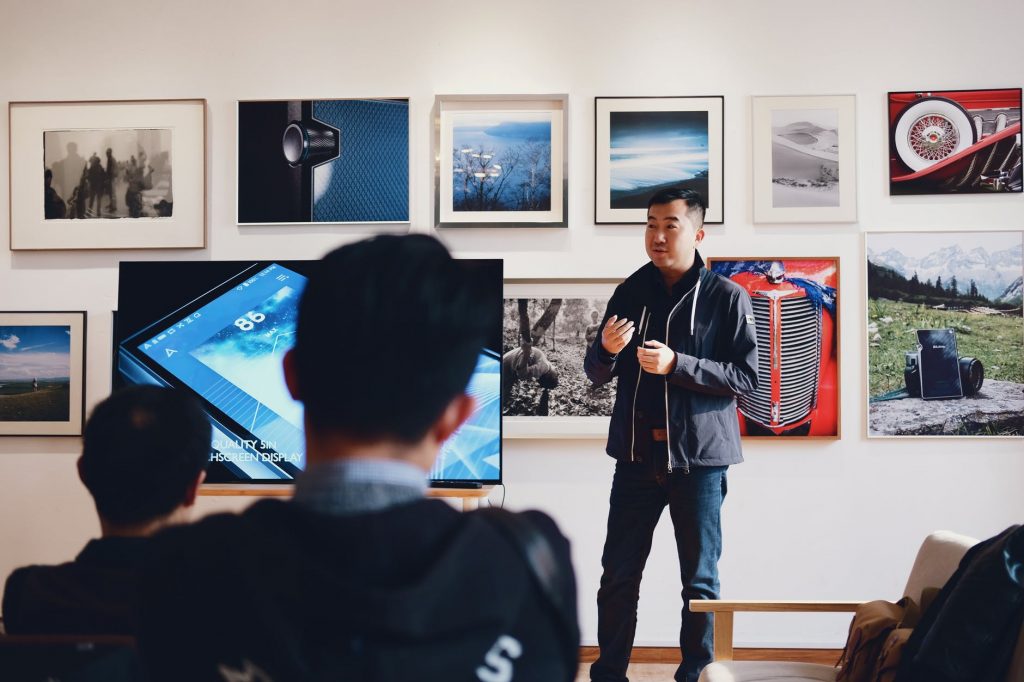If you thought you could listen, think again

We all think that listening is natural and something we all do well. But real listening – listening that is profound, focused, and empathic – is rare. It is an essential skill for those who perform the modern roles of managing and counselling people.
Here are 7 ways to learn the art of listening.
1. Stop, look and listen
Skilled listening is total listening. It means stopping what else you are doing and giving yourself over, lock, stock and barrel, to someone else. When you are a total listener your whole demeanour needs to say to the other person: “for the next few minutes I want to focus on you, hear what you are saying and understand you.”
2. Take yourself out of things
The biggest block to fully listening to someone else is what is going on in your own mind. If you hear yourself analysing what the other person is saying, thinking about it and planning your response, then you’ve stopped listening. You’ve simply picked up a few things and hurried to your own conclusions. Instead, listen to the end. Listen without interruption. And take yourself out of things.
3. Look through a window, not a mirror
When talking to others most of us interpret what people say through our own perceptions and understandings. In reality, we can do nothing else. Our view of the world is different from theirs. This is what is meant by looking at others through a mirror. When listening focused, however, you should aim to see things according to how they see things, even if you yourself don’t share their view. This is empathic listening or seeing things through the window of their frame of reference.
4. Stay tuned in even when you don’t like the music
One of the greatest challenges for anyone performing the role of a skilled listener is to listen to someone who is talking about things that wouldn’t normally interest you. Most of us are quickly turned off by things that are not on our favourite list of topics. When this happens in your professional life, don’t switch off. Go to that point of listening more intently than ever, even if you have to ask more questions and seek more explanations.
5. Be alert, alive and attentive
You can tell if someone is listening carefully to someone else. There is a stillness in their body and their mind like a calm lake. They don’t move. They keep constant eye contact. They are as near as possible to being on the other person’s wavelength. This is the quality of attentiveness.
6. Take your time
Focused listening is “present moment” listening. Time sometimes seems to stand still when you are fully listening to someone. You are not in a hurry. You don’t think about what has just been said or what you are going to say next. You are only aware of what is being said here and now. Paradoxically, taking your time to listen doesn’t take you longer. In fact, it is the most efficient way to listen.
7. Respond to the moment
While in focused listening you may spend most of your time doing nothing but listening, you may have to intervene at some points to respond. Always respond in the moment, in other words, to where people are. Don’t have a plan of what to ask. Only ask questions that pick up what the person has just said and where they are. If you have nothing to say, then say nothing. That way the exchange is a true meeting of minds.
Listening is a powerful tool in all kinds of communication. The more skilled you are – to the point that it has become an art – the more successful will be your understanding and communication.
Author Credit: Eric Garner is a highly experienced coach and trainer with a knack for bringing the best out of individuals and teams. Eric founded ManageTrainLearn in 1995 as a corporate training company in the UK specialising in the 20 skills that people need for professional and personal success today. Since 2002, as part of KSA Training Ltd, ManageTrainLearn has been a major player in the e-learning market. It has now taken its place as one of the best companies in the world for producing and delivering quality online management training products.




